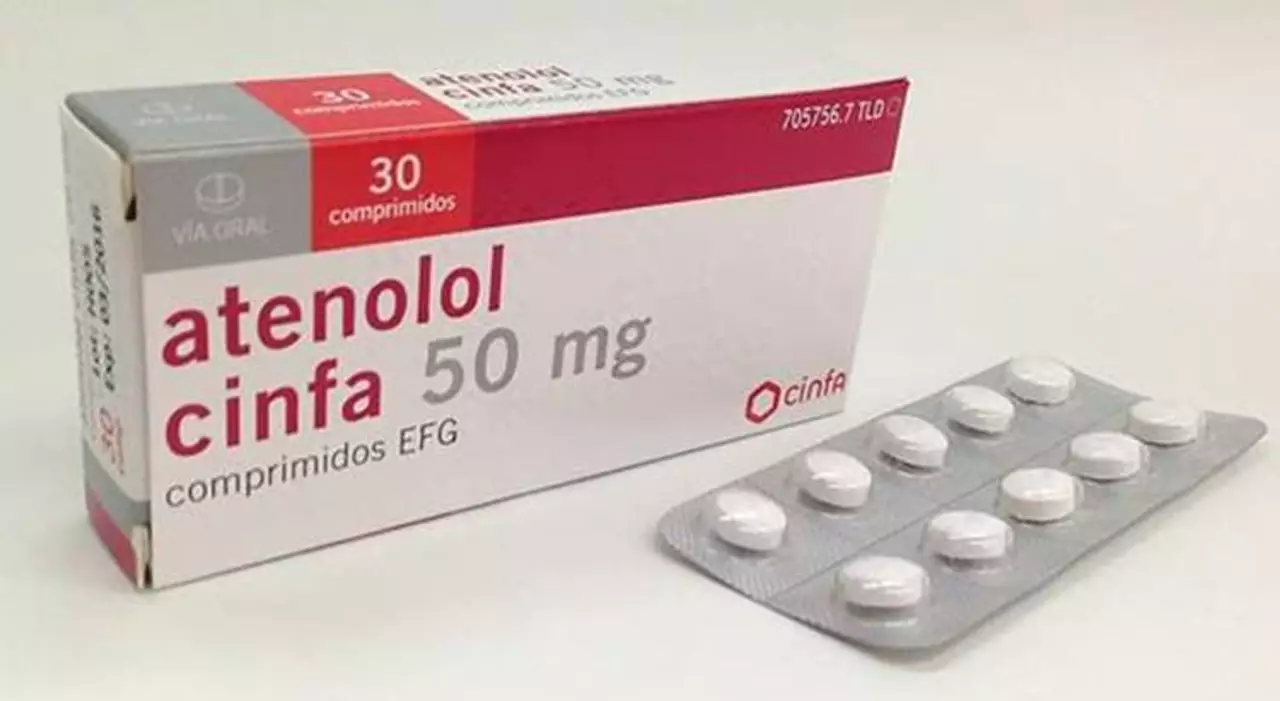Precautions: Stay Safe When Using Medicines or Buying Them Online
Buying medicines and taking them sounds simple, but small mistakes cause big problems. You can avoid most risks by checking a few things first and staying alert while taking any drug. Below are clear, practical steps you can use today.
Before You Buy or Start a Drug
Always confirm a prescription is required when it should be. Legitimate pharmacies will ask for one. If a site sells prescription-only medicines without a prescription, walk away. Next, verify the pharmacy: look for a business address, working phone number, and clear pharmacist contact. Check site security—URLs should start with https and include trust seals or regulator listings (for example, national licensing boards).
Watch prices that look too good to be true. Extremely low prices often mean counterfeit or expired products. Read reviews from real customers and search for complaints. If you order, track the shipment and confirm packaging is intact and labeled with lot numbers and expiry dates.
Match the active ingredient and dose to your prescription. Brand names change across countries; knowing the active drug (e.g., ciprofloxacin for Cipro) avoids confusion. If you’re using herbal products or supplements, tell your doctor—many interact with prescription drugs.
When Taking Medicine & Aftercare
Read the leaflet and ask a pharmacist two quick questions: What are the main side effects to watch for? Which common drugs or foods should I avoid? Keep a single up-to-date list of every medication, supplement, and dose. Share it with every provider you see so they can check for interactions.
Be cautious with certain drugs: antibiotics like ciprofloxacin can raise the risk of tendon problems and interact with other meds; antidepressants such as trazodone can affect movement or interact with Parkinson’s drugs; stopping muscle relaxants like baclofen suddenly may cause withdrawal symptoms. If a medicine suppresses the immune system (for example, azathioprine), expect extra blood tests and infection precautions.
Follow storage advice. Some meds need refrigeration, others must stay dry and away from light. Don’t use medicines past their expiration date. Dispose of unused drugs safely—many pharmacies run disposal programs or drop-off bins.
Report problems. If you think a medicine made you sicker or a product looks fake, contact your prescriber, the pharmacy, and your national regulator. Keep records: order receipts, photos of packaging, and the lot number help when filing complaints.
If you ever feel unsure, ask. A quick phone call to your prescriber or pharmacist prevents mistakes. Small checks up front save time, money, and your health down the road.
 28 Apr 2023
28 Apr 2023
As a blogger, I recently explored the topic of Atenolol and diarrhea, and I'd like to share some key points with you. Atenolol, a common beta-blocker medication, can sometimes cause gastrointestinal side effects, including diarrhea. It's important to monitor your symptoms and consult with your doctor if you experience persistent or severe diarrhea while taking Atenolol. In some cases, your doctor may adjust your dosage or recommend alternative medications to help manage your symptoms. Remember, it's crucial not to stop taking Atenolol without consulting your doctor, as doing so may worsen your condition.
View More

